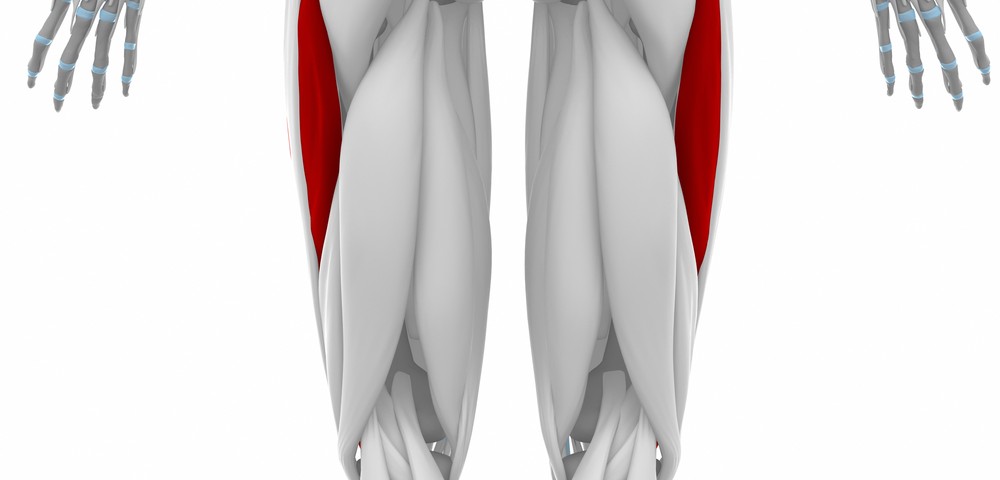Karolinska Institutet researchers reported that the levels of pro-inflammatory cytokines do not seem to contribute to muscle pain in fibromyalgia (FM) patients. The study, entitled “Comparison of the Levels of Pro-Inflammatory Cytokines Released in the Vastus Lateralis Muscle of Patients with Fibromyalgia and Healthy Controls during Contractions of the Quadriceps Muscle – A Microdialysis Study,” was published in the journal PLOS One.
Fibromyalgia (FM) is the second most common rheumatic disorder encountered in primary healthcare centers, and negatively impacts patients’ quality of life (QoL). Women are disproportionally affected and report difficulties in several daily life activities, such as climbing stairs and walking short distances.
The etiology of FM is still largely unknown, but previous reports showed that FM patients exhibit central hyper-excitability, denoted by increased sensitivity to pressure and also to heat, cold, and electrical stimuli. Moreover, they have a prolonged decline in heat-induced pain when compared to healthy control individuals.
An imbalance in pro- and anti-inflammatory cytokines (signaling molecules secreted by specific immune system cells that regulate immune responses) in FM patients may have an important role in the induction and maintenance of chronic pain.
In this study, researchers hypothesized a correlation between the levels of secretion of pro-inflammatory cytokines and the level of induced pain and fatigue during a low-force muscle exercise. As such, the team investigated pro-inflammatory cytokines released by the vastus lateralis muscle (the outer of the four quad muscles found on the front of the thigh) in patients with FM and healthy controls during repetitive dynamic contractions of the quadriceps muscle.
Participants (each group comprised 32 women) were analyzed by microdialysis, a minimally invasive sampling technique that allows researchers to measure substances of interest in the interstitium of the muscle. Each group was subjected to a four-hour microdialysis session, during which scientists measured different cytokines, IL-1β, IL-6, IL-8, and TNF, during different time-points: before, during, and after 20 minutes of repeated dynamic contractions.
They observed that while repetitive dynamic contractions increased pain only in FM patients, fatigue was induced in both FM and control groups. Fatigue was significantly higher in FM patients when compared to controls. However, the team observed no correlation between pain or fatigue and the pro-inflammatory cytokines levels observed after contractions.
Overall, these results suggest that the levels of pro-inflammatory cytokines IL-1β, IL-6, IL-8, and TNF have no contribution to muscle pain in FM patients.

